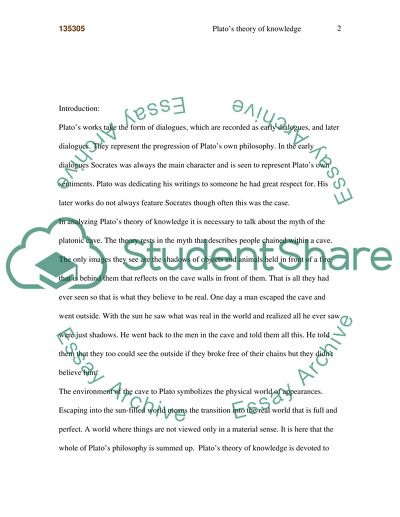Cite this document
(“Platos Theory of Knowledge Essay Example | Topics and Well Written Essays - 2000 words”, n.d.)
Platos Theory of Knowledge Essay Example | Topics and Well Written Essays - 2000 words. Retrieved from https://studentshare.org/philosophy/1501304-platos-theory-of-knowledge
Platos Theory of Knowledge Essay Example | Topics and Well Written Essays - 2000 words. Retrieved from https://studentshare.org/philosophy/1501304-platos-theory-of-knowledge
(Platos Theory of Knowledge Essay Example | Topics and Well Written Essays - 2000 Words)
Platos Theory of Knowledge Essay Example | Topics and Well Written Essays - 2000 Words. https://studentshare.org/philosophy/1501304-platos-theory-of-knowledge.
Platos Theory of Knowledge Essay Example | Topics and Well Written Essays - 2000 Words. https://studentshare.org/philosophy/1501304-platos-theory-of-knowledge.
“Platos Theory of Knowledge Essay Example | Topics and Well Written Essays - 2000 Words”, n.d. https://studentshare.org/philosophy/1501304-platos-theory-of-knowledge.


